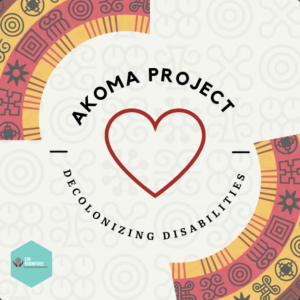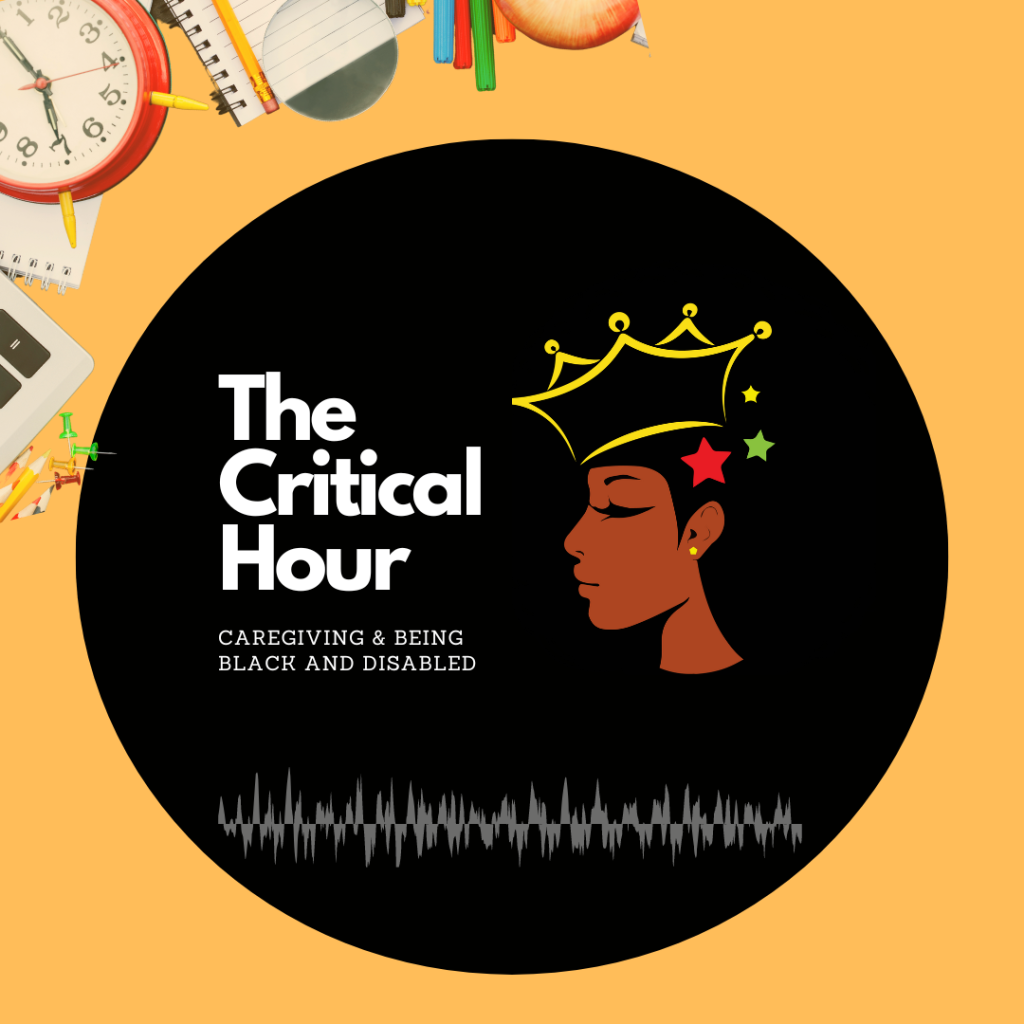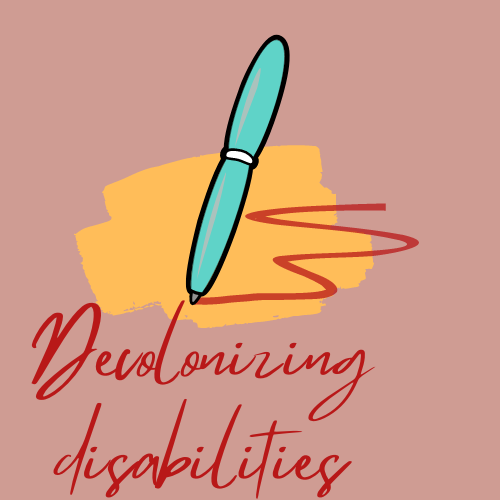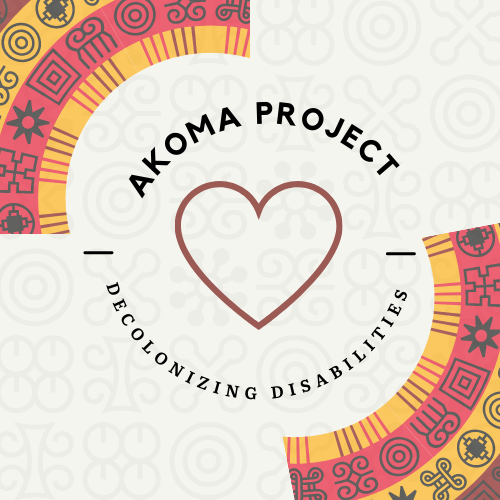
The Akoma Project
Why the name change?
Formerly named the Law Enforcement and Disabled Youth (LEADY), our preliminary research involved gaining support for the program with Howard University undergraduate students enrolled in the Spring 2021 course Decolonizing Disabilities via the Department of Political Science and instructed by Chioma Oruh, the principal investigator of the project. The students supported the work by interviewing key stakeholders in DC that both understand and are engaged in shaping law enforcement public policy. In several of the papers submitted, explaining their experiences conducting the interviews and their analyses, one clear sentiment and running theme was that the name of the project should reflect more about the subject matter: disabled youth.
Forever grateful for the input of Howard University students, we have renamed the project Akoma, which is an andinkra symbol from the Akan people of Ghana and stands for empathy, cooperation, agreement and understanding.
About the Akoma Project
An action research program aimed at capturing the stories of directly impacted Black and Brown disabled youth self-advocates and their family caregivers in the District of Columbia for identifying and analyzing trends which can be remedied via anti-racist and anti-ableist public policy that reimagines public safety.
Why the name “Akoma”?
Akoma is the indkra symbol for patience and tolerance in the Akan tradition of Ghana, West Africa. Akoma is the chosen name for re-naming LEADY because tolerance and patience are the human values we are attempting to uncover and nurture in efforts to reimagine public safety for disabled youth. It also allows us to re-center the focus of the project through the name to be disabled youth and not law enforcement.
Why center disabled children and youth?
Data explaining the phenomenon of the school-to-prison often touches on the disproportional representation in rates of school suspensions, expulsions, seclusions, and restraints via Black and Brown disabled children and youth. The Akoma Project aims to provide the qualitative narrative to understand the uniqueness that students receiving special education services have when navigating the public school system. By capturing the stories of encounters of those directly impacted within the networks of carceral systems connected students that also follow these so-called at-risk students, their family caregivers and the advocates that stand by their side during these tough times, the Akoma Project synthesizes and uses this information from the grassroots and uses the information to reshape the public policy efforts to sharpen the due process protections as students and families navigate our local actualization of “care not cops” via the school-based behavioral health system. We achieve these by working closely with directly-impacted families, organizations, and coalitions.
The Critical Hour Podcast and Blog Website
Building a knowledge bank of resources and information is critical to movement building. Check out The Critical Hour website, Chi Bornfree’s podcast and blog project for disability justice seekers.



